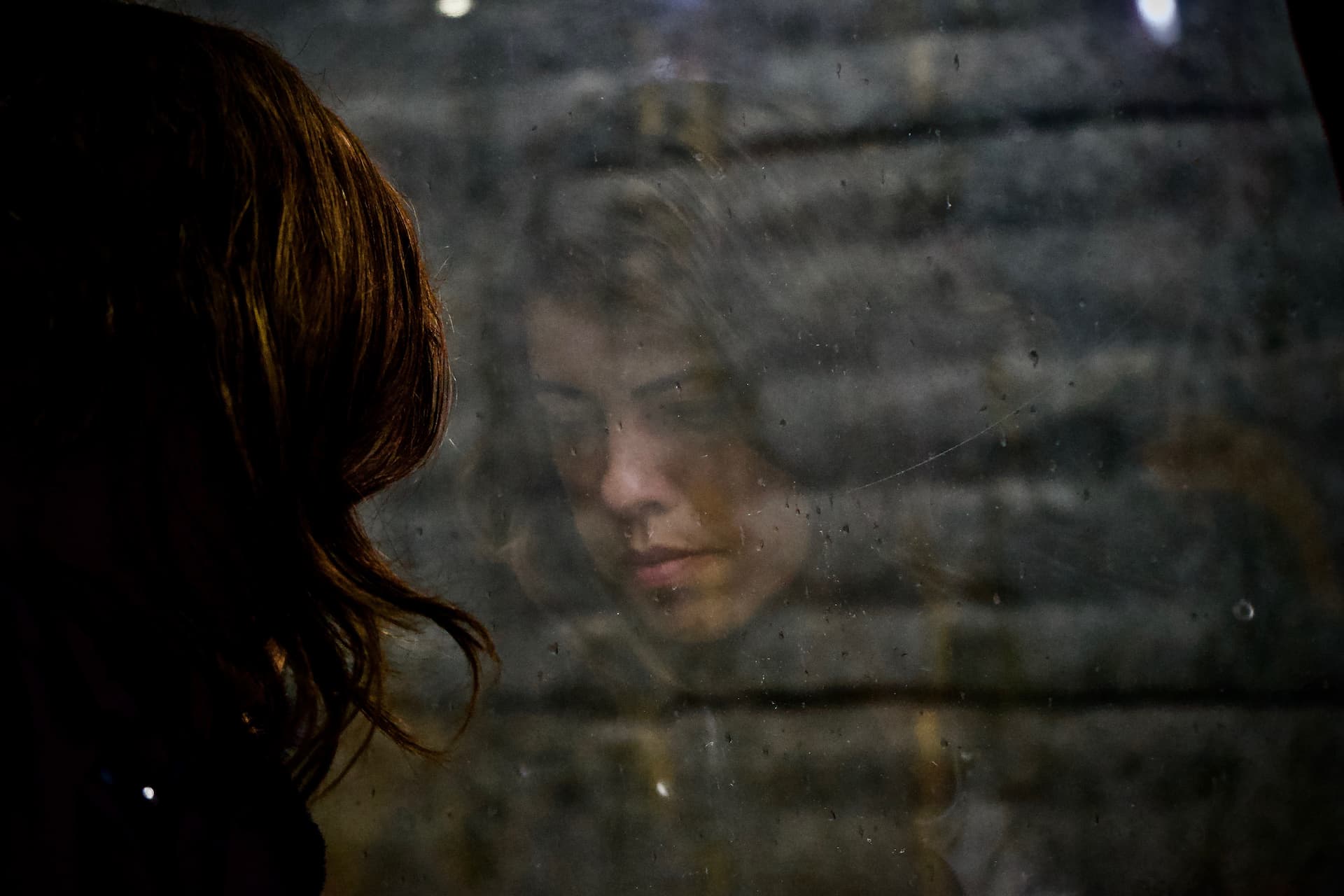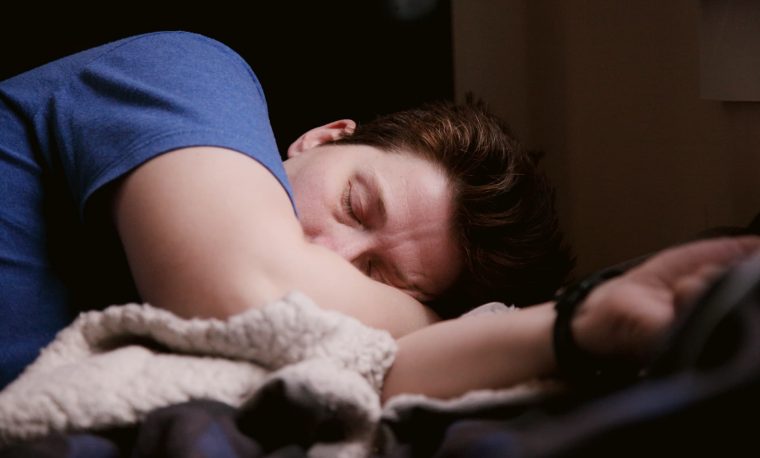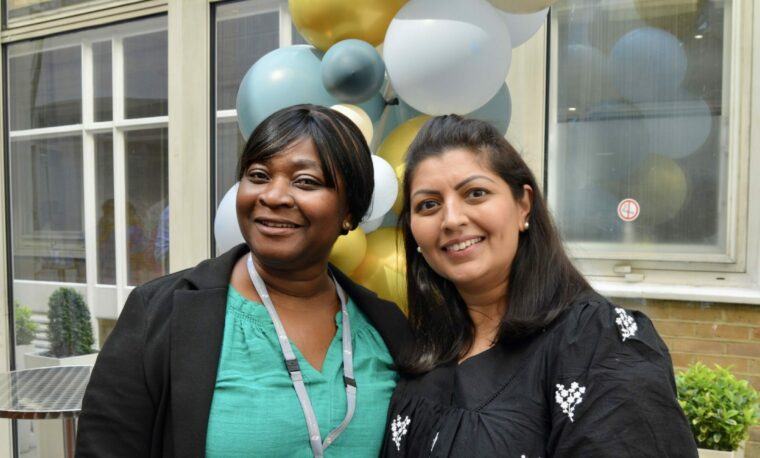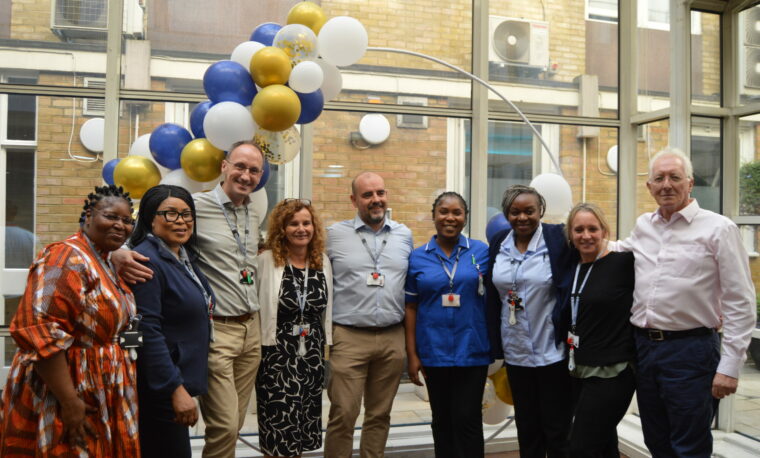What is treatment-resistant depression (TRD)?
For some people with depression, taking anti-depressant medication and/or engaging with psychological therapies will help them effectively manage their depressive symptoms. However, for individuals with treatment-resistant depression (TRD), these standard measures will not be effective.
It is thought that up to one-third of people with major depressive disorders will not respond to standard treatment.
At Nightingale Hospital, we offer a choice of highly specialised treatments, all of which have been proven to be effective in the management of TRD.
Before receiving any of these treatments, a patient will have to be assessed by a Nightingale Hospital consultant psychiatrist. The purpose of the assessment is to establish which course of treatment is the most appropriate for an individual patient.
Treatment options for treatment-resistant depression
Repetitive transcranial magnetic stimulation (rTMS)
The hospital has a repetitive transcranial magnetic stimulation (rTMS) service for treatment-resistant depression and/or obsessive-compulsive disorder.
Repetitive transcranial magnetic stimulation (rTMS) is a non-invasive method of brain stimulation. The basic principle of rTMS is to target short magnetic pulses over the scalp in specific brain regions that regulate mood.
rTMS is a medically safe treatment that has been evidenced to significantly decrease symptoms of depression and OCD.
Nightingale Hospital was the first hospital in the UK and still is, to use the highly specialised and effective Deep TMS or ‘dTMS’ using an H-Coil.
This treatment is available to outpatients, day patients and inpatients at Nightingale Hospital.
Repetitive transcranial magnetic stimulation (rTMS) treatment starts from £185 per session*.
Most private medical insurers review applications to fund rTMS treatment on a case-by-case basis. Please contact your insurance provider to assess your eligibility. The hospital requires an insurer’s authorisation before treatment can commence.
*Prices for treatment vary based on the mental health condition.
Electroconvulsive therapy (ECT)
Electroconvulsive therapy (ECT) is a procedure, administered under general anaesthetic, that emits small currents throughout the brain, intentionally triggering a small seizure.
ECT is known to cause changes in brain chemistry that can reverse some mental health conditions, specifically severe major depression.
Despite being largely misunderstood and portrayed negatively, ECT is a medically safe and effective procedure.
Nightingale Hospital has a formal agreement with the Central and North West London NHS Foundation Trust (CNWL), for the delivery of ECT.
This agreement provides Nightingale Hospital patients with access to ECT treatment at Northwick Park Hospital, Harrow.
The cost of ECT treatment at Nightingale Hospital is inclusive of private transfer from Nightingale Hospital to either hospital above, and a private nurse escort to and from each location.
This treatment is available to outpatients and inpatients and all patients receiving ECT must be under the care of a Nightingale consultant psychiatrist.
Nasal spray for treatment-resistant depression
Nightingale Hospital is offering a nasal spray for patients suffering from treatment-resistant depression. This spray is used in conjunction with an oral antidepressant.
The treatment has been licensed in the UK since 2019 and has been proven to be safe and clinically effective in reducing depressive symptoms.
Nightingale Hospital is the first and only private hospital to offer a nasal spray service for patients with treatment-resistant depression. To access esketamine treatment, patients need to be under the care of a Nightingale Hospital consultant psychiatrist.










